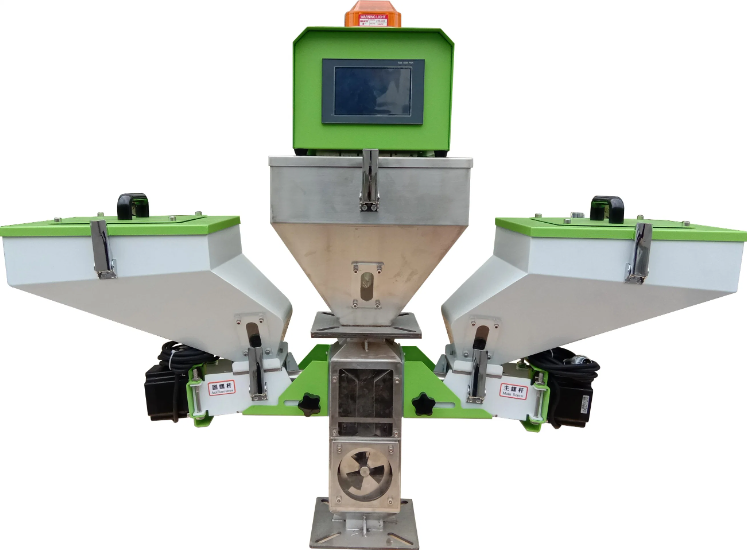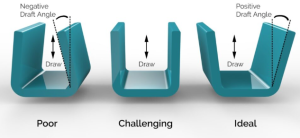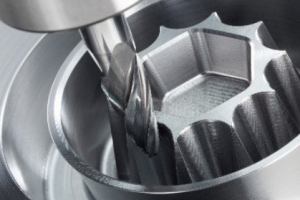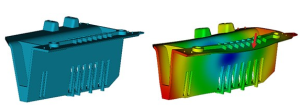Dosing in injection molding refers to the precise measurement and preparation of the molten plastic material that will be injected into the mold cavity during the molding cycle. It involves the controlled feeding, melting, and metering of the plastic material to ensure consistent and accurate shot sizes for each injection cycle. Dosing is crucial for maintaining the quality and repeatability of the molded parts.
Key Aspects of Dosing in Injection Molding
- Material Feeding
- Hopper Feeding: Plastic pellets or granules are fed into the hopper of the injection molding machine.
- Conveying: The material is then conveyed into the barrel of the machine, typically by a screw.
- Melting and Homogenization
- Heating Zones: The plastic material is melted as it moves through the barrel, which is heated by a series of controlled heating zones.
- Mixing and Homogenization: The screw action not only conveys the material but also mixes and homogenizes it to ensure a consistent melt.
- Metering
- Shot Size Determination: The injection molding machine is programmed to prepare a specific amount of molten plastic, known as the shot size, for each cycle.
- Screw Movement: The screw moves backward as the material melts and accumulates in front of it, precisely measuring the volume of the molten plastic.
- Dosing Control
- Precision Control: Dosing systems must ensure high precision to maintain consistent shot sizes, which is critical for part quality and dimensional accuracy.
- Automation: Modern injection molding machines use automated dosing systems with advanced sensors and control algorithms to regulate the dosing process accurately.
- Dosing Parameters
- Screw Speed: The speed at which the screw rotates affects the melting rate and the amount of material dosed.
- Back Pressure: The pressure applied by the screw as it moves back affects the density and consistency of the molten plastic.
- Temperature Settings: The temperature settings in different zones of the barrel ensure proper melting and reduce the risk of material degradation.

Choose us for your custom injection molding needs and experience excellence in every detail. Our China-based factory provides innovative solutions, competitive pricing, and fast turnaround times. Get your custom quote now!
Importance of Accurate Dosing
- Consistency and Quality
- Uniform Part Production: Accurate dosing ensures that each shot has the same amount of material, leading to consistent part dimensions and quality.
- Minimized Defects: Proper dosing helps in reducing defects such as short shots (incomplete filling), flash (excess material), and sink marks.
- Material Efficiency
- Waste Reduction: Precise dosing minimizes material waste, as only the required amount of plastic is used for each cycle.
- Cost Efficiency: Reducing waste and improving material utilization contribute to cost savings in production.
- Process Stability
- Repeatability: Consistent dosing leads to a stable injection molding process, with repeatable results across multiple production cycles.
- Process Control: It allows for better control of other process parameters, such as injection speed and pressure, further enhancing the overall stability of the molding process.
Example of Dosing in Practice
In an injection molding process for manufacturing automotive components:
- Material Feeding: Polypropylene pellets are fed into the hopper.
- Melting and Homogenization: The pellets are conveyed through the heated barrel, where they are melted and homogenized.
- Metering: The screw moves back as the molten plastic accumulates in front of it, precisely measuring a 50-gram shot for each part.
- Injection: The screw moves forward, injecting the 50 grams of molten plastic into the mold cavity to form the component.
- Consistency Check: Sensors monitor the dosing process to ensure that each shot is precisely 50 grams, maintaining part consistency and quality.

As a leading mold injection manufacturer in China, we deliver superior molds for various industries. Our state-of-the-art facilities and expert team ensure top-notch quality and timely delivery. Contact us now for a competitive quote!
Conclusion
Dosing in injection molding is a critical process that involves the precise measurement and preparation of molten plastic material for each molding cycle. It ensures consistent shot sizes, leading to high-quality, uniform parts and efficient use of materials. Accurate dosing contributes to process stability, reduces defects, and enhances the overall efficiency of the injection molding operation.
Related Conten: Plastic Injection Molding / Prototype Manufacturing






